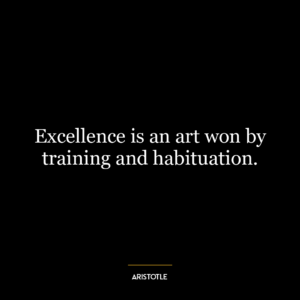This quote essentially means that to become an effective leader or ruler, one must first have experience being led or ruled. It emphasizes the importance of understanding the perspective of those who are being led, in order to better serve and guide them. In essence, it is a call for empathy and experience in leadership, asserting that one cannot effectively govern without first knowing what it is like to be governed.
This philosophy can be applied to any leadership scenario, whether it be in politics, business, or even in day-to-day life. For example, in a corporate setting, a manager who has worked their way up from an entry-level position may have a better understanding of the challenges and needs of their team, compared to someone who was appointed to a high-level position without such experience. They have been ‘ruled’ before they became a ‘ruler’, therefore, they can use their past experiences to shape their leadership style, making them more effective and empathetic in their role.
In terms of personal development, this quote could be interpreted as a call to seek out experiences that challenge us and take us out of our comfort zone. By putting ourselves in positions where we are not in control, we can gain valuable insights and learn crucial lessons that can later be applied when we are in a position of leadership or influence. It’s about understanding different perspectives, building empathy, and using these experiences to guide our actions and decisions as leaders.
In today’s world, this quote is particularly relevant as we see a growing emphasis on empathetic and servant leadership. Leaders are expected to serve their followers, rather than just command them. This shift in leadership style requires leaders to have a deep understanding of their followers’ needs, something that can be gained from being in their shoes.
Furthermore, in our increasingly interconnected and globalized world, this quote underscores the importance of leaders having diverse experiences and perspectives. Leaders who have been ‘ruled’ in various contexts – whether it be different industries, cultures, or socio-economic conditions – can bring a wealth of understanding and empathy to their leadership, ultimately making them more effective and respected.















